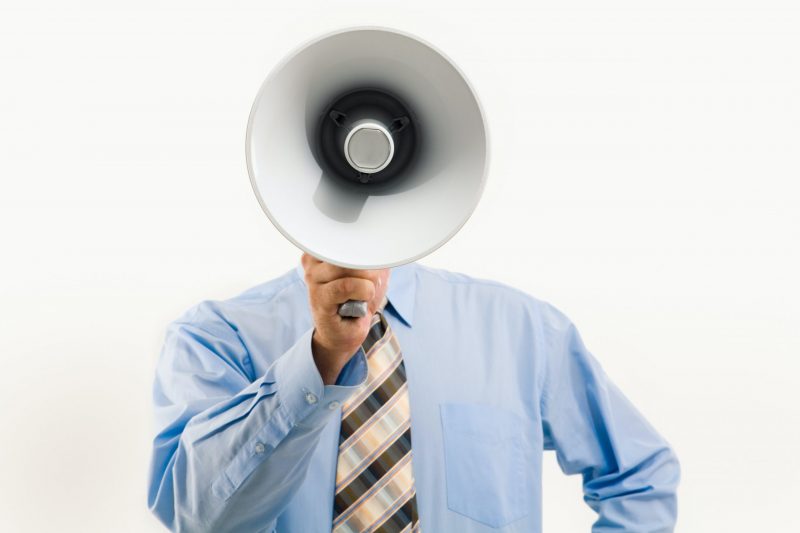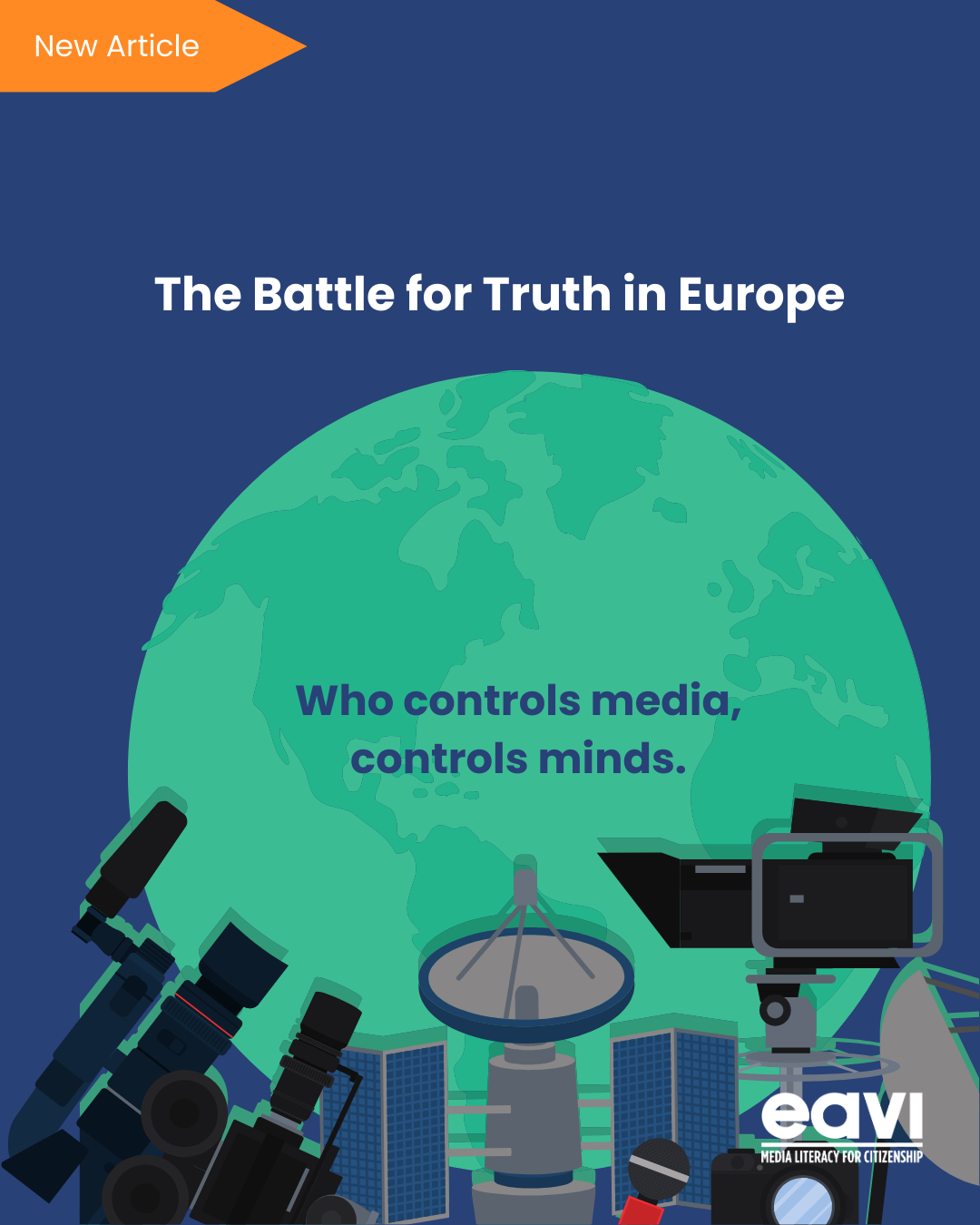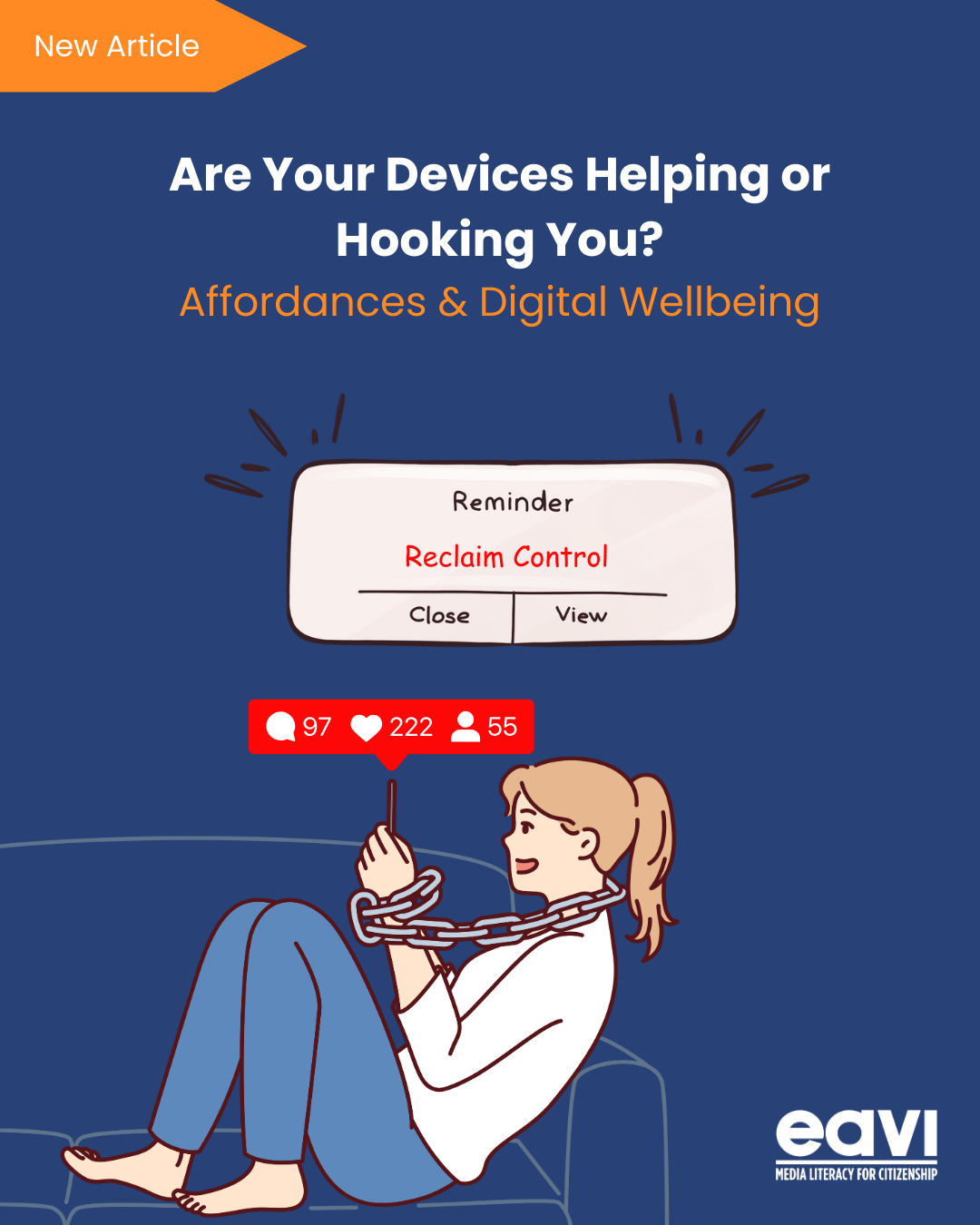Donald Trump’s twitter account has frequently been the subject of controversy, as he tests the boundaries of free speech by spreading misinformation to his millions of followers and harassing both celebrities and private citizens. Yet, for the first time, Twitter has fact-checked Trump.
Twitter has generally taken a lax approach to monitoring political leaders, assuming that discussion would follow and hold them accountable. However, Trump’s misleading and blatantly false claims and conspiracy theories have caused backlash. This sentiment is particularly strong during the spread of Covid-19, where Trump’s misinformation concerns fake cures and treatments.
Highlighting two of Trump’s tweets as misleading marks a new precedent that will spark continued debate over whether political leaders should be monitored. Unsurprisingly, Trump has not taken this well, claiming that it is infringing on his free speech and attempting to interfere in the 2020 election.
Others believe that the platform has not gone far enough in monitoring Trump. Last year, there was an initiative to get Trump banned from Twitter under the company’s own harassment policy, but Twitter stated that public figures operate under different rules. And, right now, Trump is pushing a conspiracy theory falsely accusing one of his critics for murder, sparking outrage that Twitter is not honoring the affected family’s request to delete the posts.
Monitoring Covid-19 is even more complicated, as Trump’s supporters and followers often interpret his claims as facts, sometimes with dire consequences. For social media companies, there is no good answer. Laws to monitor disinformation, especially concerning Covid-19, become difficult when Trump later claims that the misinformation is sarcasm. Any attempt to limit him, no matter how warranted, will be interpreted as a restriction on free speech.
Twitter has stated that tweets pushing misinformation about Covid-19 would be marked by the categories ‘misleading,’ ‘disputed,’ and ‘unverified.’ In March, Twitter had already deleted tweets related to Covid-19 from the leaders of Brazil and Venezuela, but until this week, had left Trump alone. Whether Twitter continues to flag Trump’s tweets as misinformation or not, the debate has already begun.
Donald Trump’s twitter account has frequently been the subject of controversy, as he tests the boundaries of free speech by spreading misinformation to his millions of followers and harassing both celebrities and private citizens. Yet, for the first time, Twitter has fact-checked Trump.
Twitter has generally taken a lax approach to monitoring political leaders, assuming that discussion would follow and hold them accountable. However, Trump’s misleading and blatantly false claims and conspiracy theories have caused backlash. This sentiment is particularly strong during the spread of Covid-19, where Trump’s misinformation concerns fake cures and treatments.
Highlighting two of Trump’s tweets as misleading marks a new precedent that will spark continued debate over whether political leaders should be monitored. Unsurprisingly, Trump has not taken this well, claiming that it is infringing on his free speech and attempting to interfere in the 2020 election.
Others believe that the platform has not gone far enough in monitoring Trump. Last year, there was an initiative to get Trump banned from Twitter under the company’s own harassment policy, but Twitter stated that public figures operate under different rules. And, right now, Trump is pushing a conspiracy theory falsely accusing one of his critics for murder, sparking outrage that Twitter is not honoring the affected family’s request to delete the posts.
Monitoring Covid-19 is even more complicated, as Trump’s supporters and followers often interpret his claims as facts, sometimes with dire consequences. For social media companies, there is no good answer. Laws to monitor disinformation, especially concerning Covid-19, become difficult when Trump later claims that the misinformation is sarcasm. Any attempt to limit him, no matter how warranted, will be interpreted as a restriction on free speech.
Twitter has stated that tweets pushing misinformation about Covid-19 would be marked by the categories ‘misleading,’ ‘disputed,’ and ‘unverified.’ In March, Twitter had already deleted tweets related to Covid-19 from the leaders of Brazil and Venezuela, but until this week, had left Trump alone. Whether Twitter continues to flag Trump’s tweets as misinformation or not, the debate has already begun.
Donald Trump’s twitter account has frequently been the subject of controversy, as he tests the boundaries of free speech by spreading misinformation to his millions of followers and harassing both celebrities and private citizens. Yet, for the first time, Twitter has fact-checked Trump.
Twitter has generally taken a lax approach to monitoring political leaders, assuming that discussion would follow and hold them accountable. However, Trump’s misleading and blatantly false claims and conspiracy theories have caused backlash. This sentiment is particularly strong during the spread of Covid-19, where Trump’s misinformation concerns fake cures and treatments.
Highlighting two of Trump’s tweets as misleading marks a new precedent that will spark continued debate over whether political leaders should be monitored. Unsurprisingly, Trump has not taken this well, claiming that it is infringing on his free speech and attempting to interfere in the 2020 election.
Others believe that the platform has not gone far enough in monitoring Trump. Last year, there was an initiative to get Trump banned from Twitter under the company’s own harassment policy, but Twitter stated that public figures operate under different rules. And, right now, Trump is pushing a conspiracy theory falsely accusing one of his critics for murder, sparking outrage that Twitter is not honoring the affected family’s request to delete the posts.
Monitoring Covid-19 is even more complicated, as Trump’s supporters and followers often interpret his claims as facts, sometimes with dire consequences. For social media companies, there is no good answer. Laws to monitor disinformation, especially concerning Covid-19, become difficult when Trump later claims that the misinformation is sarcasm. Any attempt to limit him, no matter how warranted, will be interpreted as a restriction on free speech.
Twitter has stated that tweets pushing misinformation about Covid-19 would be marked by the categories ‘misleading,’ ‘disputed,’ and ‘unverified.’ In March, Twitter had already deleted tweets related to Covid-19 from the leaders of Brazil and Venezuela, but until this week, had left Trump alone. Whether Twitter continues to flag Trump’s tweets as misinformation or not, the debate has already begun.










































































































































































